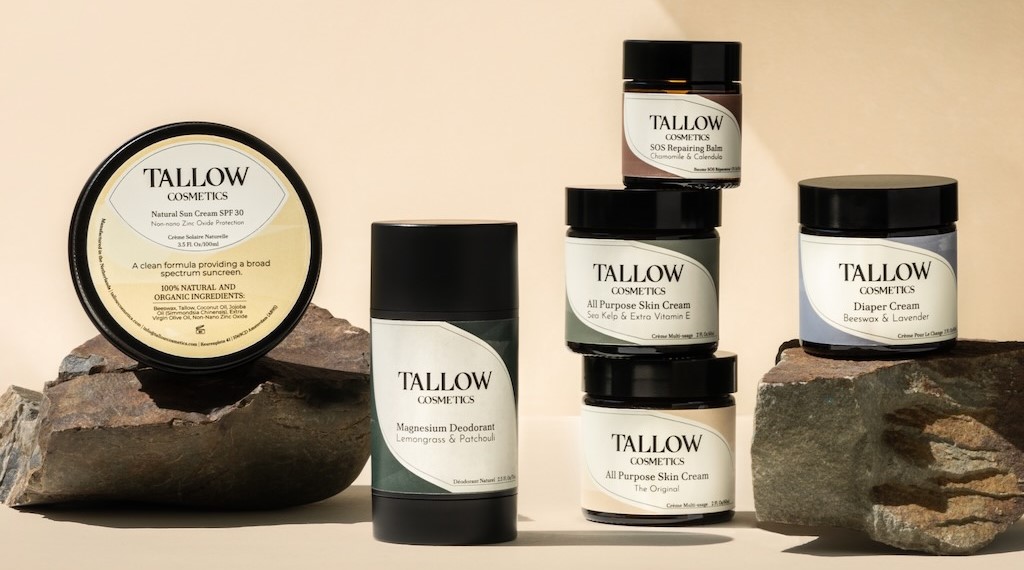Skin oils and serums
Facial vegetable oils are an absolutely great all-purpose beauty product that you don't just have to use on your face. Most of the quality single-grade oils can be used for example unmask, use them as an alternative to a face cream (on properly moisturized skin, of course), or they can also replace an oil serum. The oils can also be used as a nutrition for frayed hair ends, nutrition for stressed nail cuticles, etc.
Facial serums are concentrated products designed for care for your skin. They are designed to provide a high concentration of active ingredients that can target various skin problems. Facial serums are usually applied before moisturiser and have a light, fast-absorbing consistency.
Brands

This powerful, antibacterial and antifungal emulsion in certified organic quality helps...

Superfruit Concentrate Facial Serum is an exceptional synergy of 5 omega fatty acids,...

The benefits of carrot oil include promoting tissue and skin renewal, leading to...

Organic and raw argan oil is a great powerfully regenerating multifunctional helper not...

Finalist in the English Mama & Baby Beauty Shortlist Awards 2018 It is a regenerating...

The organic blend of hazelnut oil and butterfly lavender is ideal for the care of skin...

Papaya is a tropical fruit high in vitamin C and antioxidants that reduce inflammation...

100% organic castor oil high in vitamin E, minerals and nutrients for healthy skin,...

Cucumber oil is a light and non-greasy natural product that can promote hydration,...

Black Seed Oil is a natural oil extracted from the seeds of Nigella sativa, a plant...

Organic and raw argan oil is a great powerfully regenerating multifunctional helper not...

.jpg)



































































.jpg)
.jpg)







